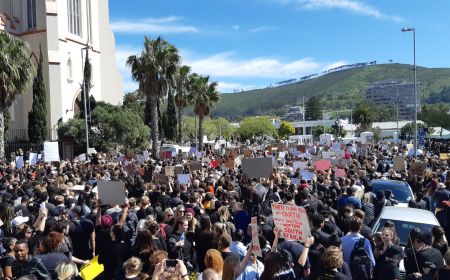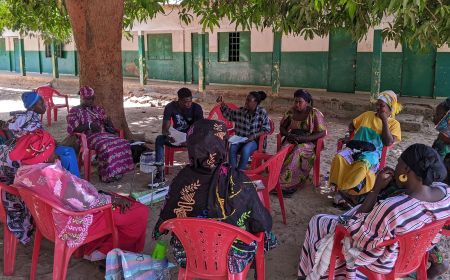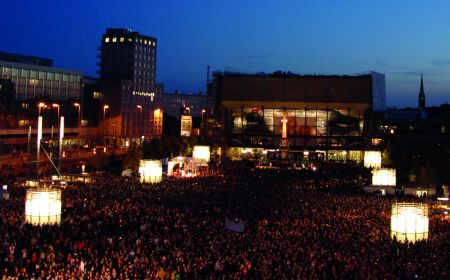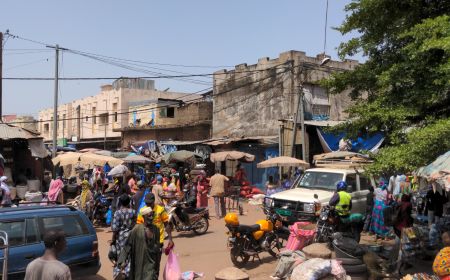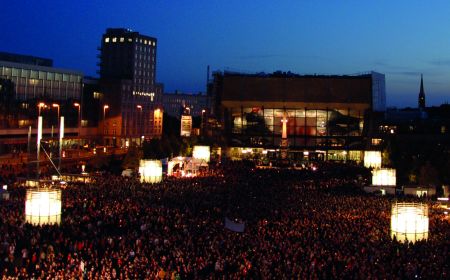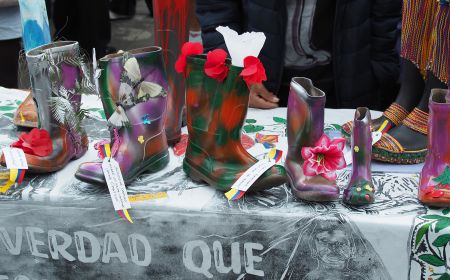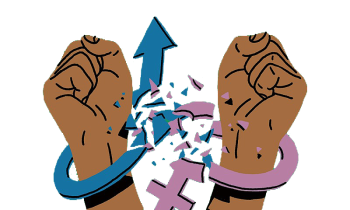The New US National Security Strategy: A Blog Analysis and Commentaries
On December 4th the White House published its 2025 National Security Strategy (NSS). The document is mandated by law for every incoming administration and serves as a compass for US foreign and security policy during its term. The new Trump NSS breaks away from traditional American strategic goals and interests and crystallizes the policies and actions taken by the second Trump administration in…
